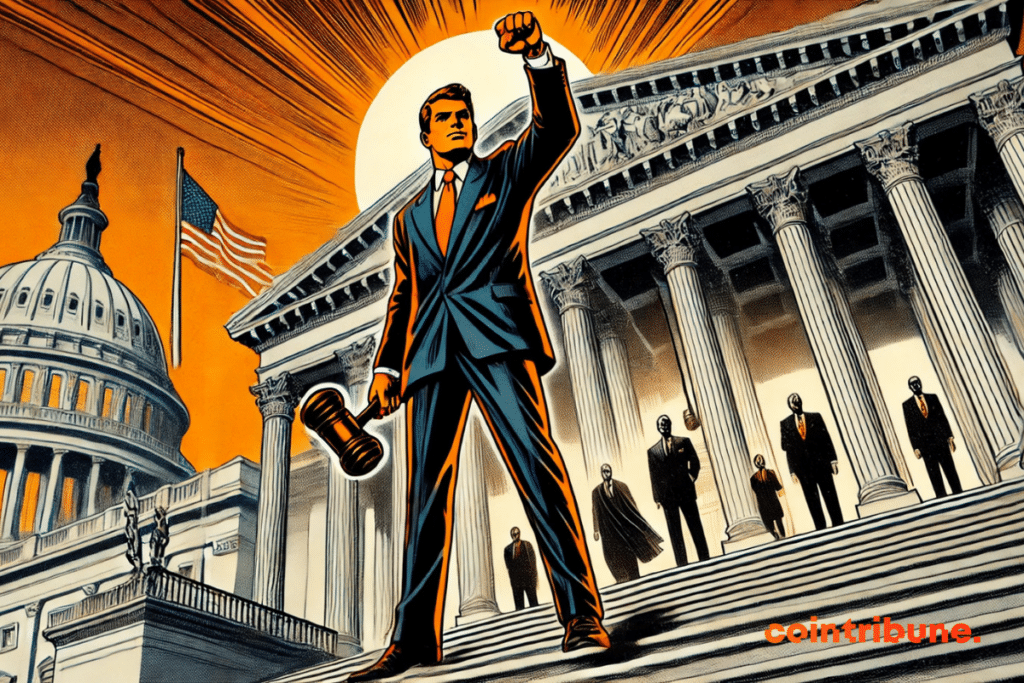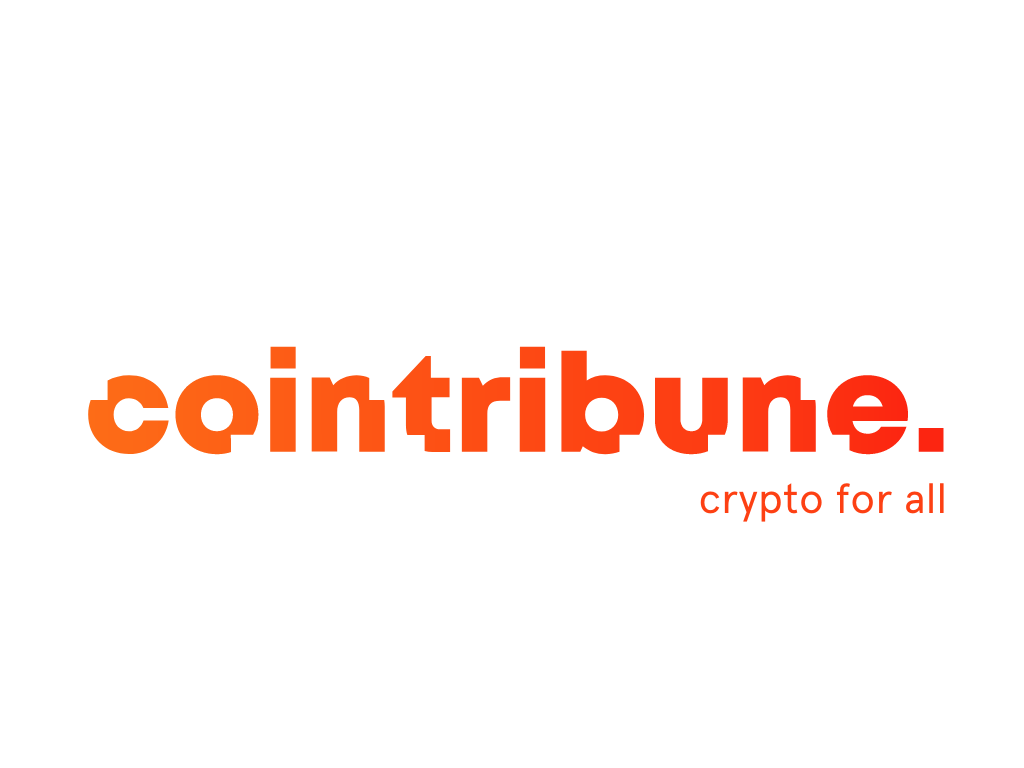Trump Wins A Capital Battle In The Senate!
0
0
While the American economy falters, Donald Trump secures a strategic victory in the Senate thanks to the unlocking of a controversial budget. Behind this success looms a political confrontation with global repercussions. For investors and crypto players alike, this vote opens an uncertain sequence, likely to redefine financial balances and impact the trajectory of markets.

An economic roadmap adopted in pain
Last Saturday, the Republican-majority American Senate adopted a major budget resolution after a tense overnight session, marked by an avalanche of amendments submitted by Democrats.
This text, although it does not constitute an official budget, lays the groundwork for Donald Trump’s economic strategy for his term. Republican Senator James Lankford praised the vote.
He stated:
The resolution lays the foundations for an increase in funds to secure the border, enhance our energy dominance, build a national defense, cut wasteful spending, and prevent a tax increase on families and small businesses.
This vote symbolizes strong support from the Republican apparatus around the president’s major economic priorities.
On the Democratic side, the opposition is frontal. Chuck Schumer, the minority leader, denounced “a brutal pincers movement by the Republicans”. He accuses the majority of sacrificing the middle class.
According to him, Republican senators acted “in total submission to Donald Trump”, to the detriment of essential social programs. Concerns particularly focus on the social and fiscal consequences of the text, which could:
- Cut the Medicaid program, essential for low-income Americans;
- Favor targeted tax cuts for billionaires;
- Reinforce the protectionist measures already initiated by Trump;
- Open the door to a federal disengagement in several areas unspecified in the text, but mentioned in parliamentary exchanges.
This first step, although important, merely crystallizes the ideological fractures between the two camps. It sets the tone for a large-scale budgetary confrontation whose concrete effects are yet to be defined.
A legislative deadlock: anxious markets and a threat of recession
The text voted in the Senate is, however, only half of the budgetary equation. A similar version must still be adopted by the House of Representatives. And it is here that the divergences are growing.
While the Senate forecasts around 4 billion dollars in cuts to public spending, the version pushed by some House officials displays far more radical ambitions, close to 1,500 billion dollars, in a logic of dismantling federal agencies and massively reducing state intervention.
At this stage, the two chambers seem hardly reconcilable, which signals a possible legislative deadlock. “This resolution is a fiscal shipwreck”, declares the Cato Institute, a libertarian think tank, pointing out a major budgetary imbalance between uncertain revenues and a programmed explosion of expenditures.
Meanwhile, financial markets did not take long to react. On Wednesday, Donald Trump announced a new wave of tariffs on global imports, which immediately plunged the stock markets into the red and revived fears of a recession.
This commercial hardening, combined with uncertainty around federal budget financing, fuels a palpable nervousness on Wall Street. On top of this is one of Trump’s major ambitions: to make the massive tax credits from 2017 permanent, a measure whose potential cost is estimated at over 4,000 billion dollars over ten years.
The implications in the short and medium term are multiple in this explosive context. On one hand, the absence of a budget agreement could paralyze the federal administration, as has been the case several times under previous administrations. On the other, the combination of budget deficits, fiscal uncertainties, and global trade tensions could accentuate the dedollarization observed in some emerging economies. For crypto investors, this instability both enhances the appeal of alternative assets… but also increases the global volatility of the markets.
0
0
 Manage all your crypto, NFT and DeFi from one place
Manage all your crypto, NFT and DeFi from one placeSecurely connect the portfolio you’re using to start.







